-
Reagents
- Flow Cytometry Reagents
-
Western Blotting and Molecular Reagents
-
Flow Cytometry Reagents
- Immunoassay Reagents
- Single Cell Multiomics Reagents
-
Cell Preparation
-
Functional Assays
-
Microscopy and Imaging Reagents
- Western Blotting And Molecular Reagents
- Cell Preparation Separation Reagents
- Functional Cell Based Reagents
- Microscopy Imaging Reagents
- Single Cell Multiomics Reagents
- Single Cell Multinomics Reagents
-
Protocols
- BSB Protocol
-
Setting Compensation Multicolor Flow
-
Tissues Section Stain
-
Immunomicroscopy
-
Immunohistochemical
-
Immunofluorescence
-
Frozen Tissue
-
Parafin Sections
-
Fix Perm Kits
-
Protocol Direct Immunofluorscence Staining
-
Uses of Fc Block
-
Stain Lyse Wash
-
Stain Lyse No Wash
-
Mouse Splenocytes
-
Mouse Rat Leukocytes
-
Isotype Control
-
Indirect Staining Mononuclear Cells
-
Immunopurification
-
Human PBMCs
-
Human Whole Blood Samples
-
Escapee Phenomenon
-
Agarose Conjugates
-
Anti Phosphotyrosine Biotin Conjugates
-
Soluble Antibodies
-
Rabbit Polyclonal Antibodies
-
Monocloncal Antibodies
-
Horseradish Peroxidase
-
Certified Reagents
-
Biotinylated Antibodies
-
Agarose Conjugates X712261
-
Surface Staining
-
Platelet Activation
-
Intracellular Staining
-
Indirect Immunofluorescence
-
Mouse Ige
-
Cytokine Elisa
-
Induction Fas
-
Induction Dx2
-
Apoptosis By Treatment Staurosporine
-
Cell Death
-
Apo Brdu
-
Apo Direct
-
Human Cyclins
-
Detection Ki 67
-
Brdu Detection
-
Targeted mRNA Protocols
-
WTA Protocols
-
360040667732 Protocols
-
360023293831 AbSeq Protocols
-
360039007471 VDJ CDR3 Protocols
-
Annexin V Staining Protocol
-
Western Blotting with Horseradish Peroxidase Conjugates or Alkaline Phosphatase Conjugates
-
Tissue Preparation for Surface Antigen Staining
-
Account Support
-
Account FAQs
- Account FAQ Answer 1
- Account FAQ Answer 2
- Account FAQ Answer 3
- Account FAQ Answer 4
- Account FAQ Answer 5
- Account FAQ Answer 6
- Account FAQ Answer 7
- Account FAQ Answer 8
- Account FAQ Answer 9
- Account FAQ Answer 10
- Account FAQ Answer 11
- Account FAQ Answer 12
- Account FAQ Answer 13
- Account FAQ Answer 14
- Account FAQ Answer 15
- Account FAQ Answer 16
- Account FAQ Answer 21
- Create Account
- Manage Account Settings
-
PrivacyPolicy
-
Terms and Conditions
-
Account FAQs
-
- Account FAQ Answer 1
- Account FAQ Answer 2
- Account FAQ Answer 3
- Account FAQ Answer 4
- Account FAQ Answer 5
- Account FAQ Answer 6
- Account FAQ Answer 7
- Account FAQ Answer 8
- Account FAQ Answer 9
- Account FAQ Answer 10
- Account FAQ Answer 11
- Account FAQ Answer 12
- Account FAQ Answer 13
- Account FAQ Answer 14
- Account FAQ Answer 15
- Account FAQ Answer 16
- Account FAQ Answer 21
- Korea (English)
- Korea (Korea)
-
국가 / 언어 변경
Old Browser

Research Areas
BD Biosciences flow cytometry instruments and reagents have been supporting the progress of research in several disciplines for over 45 years. Flow cytometry is a powerful technique that allows rapid analysis of multiple parameters of an individual cell. The combination of flow cytometry and the fluorophore-conjugated antibody binding technique has propelled research in several key areas, such as immunology, cell biology, stem cells, HIV and COVID-19. In addition to products, we also provide resources such as techniques, protocols and tools.
Immunology
With flow cytometry, you are able to precisely and rapidly analyze a large number of immune cells, enumerate and characterize them, identify specific surface and intracellular markers of immune subtypes, and assess depletion of immune cells after procedures. Explore T cells, B cells, NK cells and dendritic cells, and see how you can leverage the power of flow cytometry to analyze their biology and function. BD Biosciences offers several research cell sorters, cell analyzers and a comprehensive dye portfolio to support immunology research.
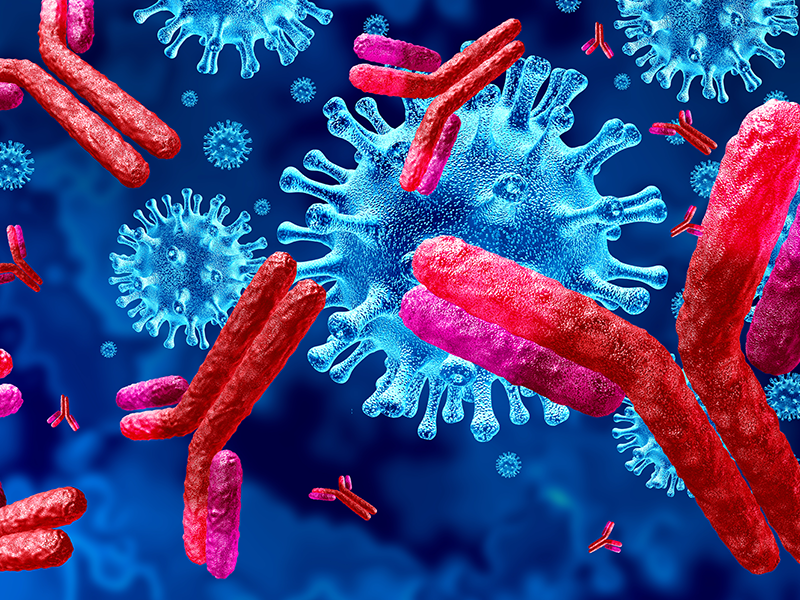

Cell Biology
Cell division, proliferation and death are all guided by intracellular signals and transduction pathways. Techniques, such as flow cytometry, immunofluorescence or immunohistochemistry, can be used to easily determine the cell cycle status. Cell proliferation can be detected using fluorescent or nonfluorescent dyes or measured using proliferation markers such as BrdU. Apoptosis can be measured using a variety of techniques, such as annexin V signaling or measurement of cleaved caspases. BD Biosciences offers a full range of detection tools and technologies for measuring cell cycle, proliferation and apoptosis.
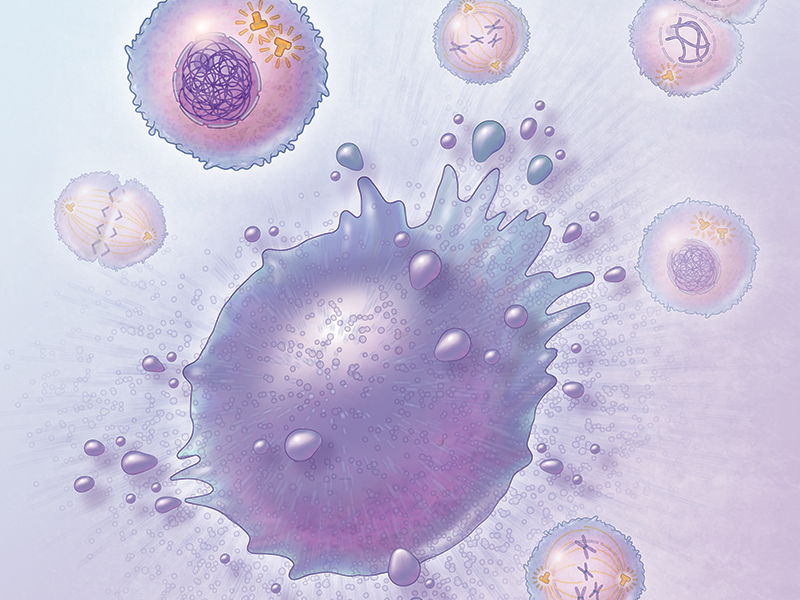

Stem Cells
Flow cytometry is a powerful tool for monitoring the heterogeneity of subsets of cells based on established markers. Since stem cells differentiate into the three primary germ layers and into differentiated tissue, antibodies can monitor their changing expression patterns. BD Biosciences offers a diverse set of tools including antibodies, kits and cocktails, buffers, protocols and instrumentation to support stem cell research in characterizing, analyzing and sorting heterogeneous stem cell populations.
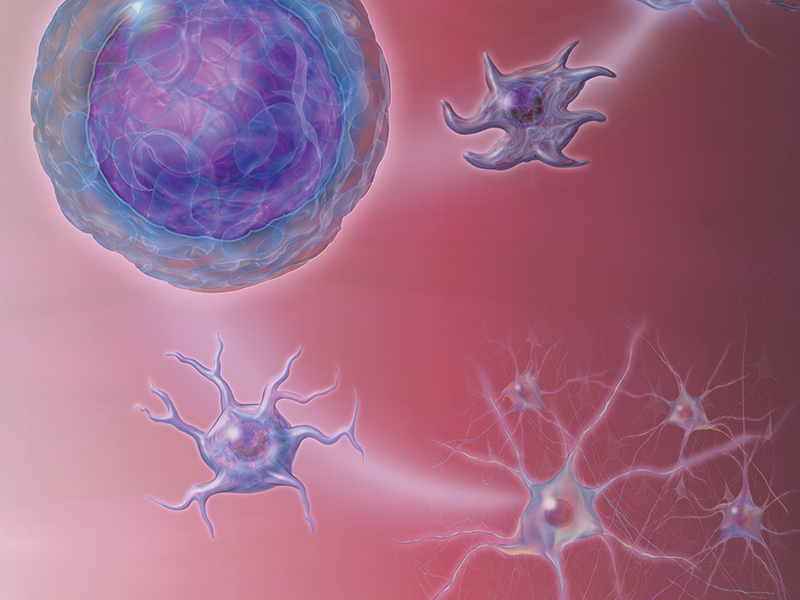

HIV Research
HIV infection results in the activation of a series of immune responses, resulting ultimately in depletion of the CD4+ T cell population. Viral load monitoring and CD4 T cell counts are routinely used for HIV assessment. BD Biosciences offers flow cytometry research reagents that can be used in HIV research.
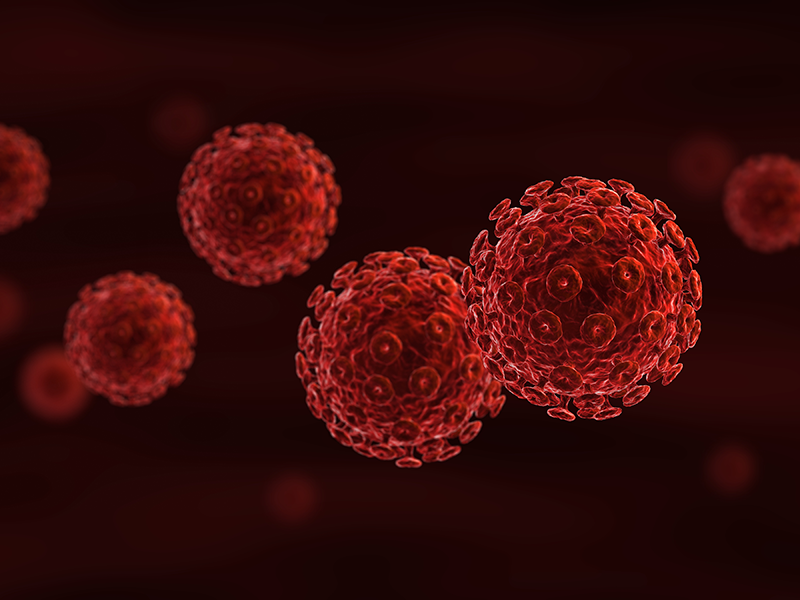

COVID-19 Research
BD Biosciences provide a comprehensive portfolio of research tools to facilitate COVID-19 research on viral immune response, cytokine analysis, vaccine research, and biomarkers and therapeutics. Explore our reagent, instrument, and data analysis solutions as well as scientific resources and support for COVID-19 research.
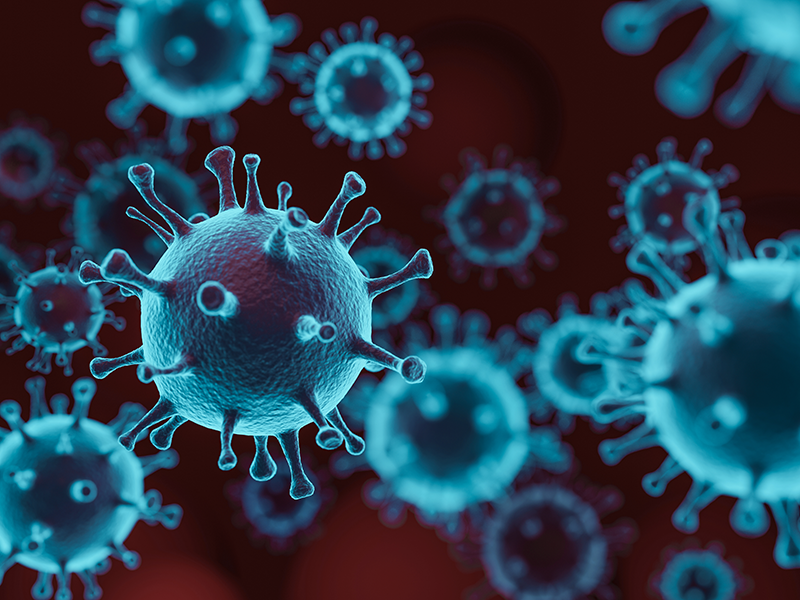

For Research Use Only. Not for use in diagnostic or therapeutic procedures.
23-23033-00
Report a Site Issue
This form is intended to help us improve our website experience. For other support, please visit our Contact Us page.